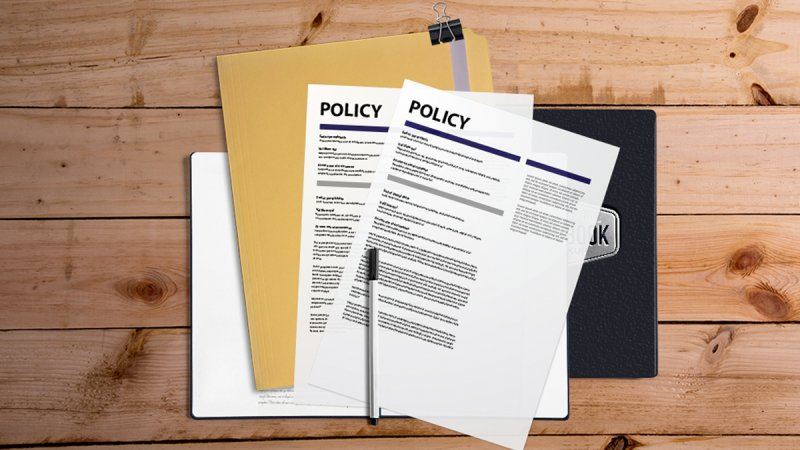How can you Minimise the Risk of a Competition Law Breach within your Organisation?

As part of an organisation it is essential that you create a culture which promotes and complies with competition law to ensure that employees and work associates do not engage in anti-competitive behaviour. Once a culture of trust is established, members within an organisation will collectively work together in order to report and avoid anti-competitive […]
Who does a Code of Conduct Apply to?

A code of conduct applies to everyone within an organisation, with each company having their own code of conduct that employees need to follow. A code of conduct is created by the employer to let their staff members know what is expected of them in terms of behaviour in the workplace. This purpose means that […]
What Is A Code Of Conduct?

Our Code of Conduct Courses A code of conduct is a set of rules around behaviour for the employees to follow within an organisation. The code acts as a standard that staff need to meet so that they can know what is expected of them to produce a generally more efficient business. Often mixed up […]
Code of Confidentiality

Confidentiality refers to personal information that can’t be divulged to a third party without consent from the client. This sort of information is handled by financial institutions, hospitals, doctors, therapists, law firms, businesses, and religious authorities. This differs from privacy, which refers to the freedom from intrusion into someone’s personal information. While confidentiality is an […]
Code of Conduct Policy

A code of conduct policy is something that an organisation has as a set of rules around behaviour for the members of that group to follow. The code articulates standards that the employees need to meet so that they can know what is expected of them to produce a more efficient business. Despite the importance […]
Code of Conduct Legislation

Despite what the title of this article implies, there actually isn’t any legislation surrounding the topic of codes of conduct within the business environment. Rather than there being rules that companies have to follow when it comes to having a code of conduct, it is a voluntary thing, but it is seen as a sign […]
Code of Conduct Examples

Code of conduct means having a set of rules within a business dealing with the topic of staff behaviour. A code sets standards that employees need to meet so that they can know what is expected of them to produce an efficient business. Every code of conduct is unique to the business it represents. This […]
What are the signs of Money Laundering?
Money laundering is the term used to describe the act of taking illegal money from source A and making it look like it came from source B, a legitimate, legal source. Criminals make the proceeds of crime appear to be legitimate in order to get away with their crime without raising suspicion. Until they do […]
What are the Proceeds of Crime?

Proceeds of crime refer to money/assets that have been acquired directly or indirectly through crime. Usually, money gained from committing crimes is used to buy assets, making said assets proceeds of crime. An example of this could be a car bought with stolen money, this causes the car to become criminal property, and therefore a […]
What are the Anti-Money Laundering Laws and Regulations?

Anti-money laundering (AML) is the process of identifying and preventing criminals from concealing proceeds of crime and profiting from them. Money laundering is a criminal activity that both damages the economy and facilitates and funds criminal acts. There are a number of regulations and laws surrounding anti-money laundering efforts, including the Proceeds of Crime Act (2002), the […]


